
Enzyme found to promote immune suppression by blocking the activation of anti-tumor T cells.

Enzyme found to promote immune suppression by blocking the activation of anti-tumor T cells.

Rebekah L. Hanson, PharmD, BCPS, BCACP, clinical pharmacist and assistant professor at the UIC College of Pharmacy, discusses the challenge of out-of-pocket spending and the impact on drug adherence.

A nanoparticle delivery system may help manage autoimmune diseases, such as multiple sclerosis, leaving a temporary black mark on patients.

A 7-year study identified genetic pathways hijacked by cancer stem cells to promote tumor growth.

Device shows promise preventing cancer cells from migrating to other organs in the body.

A small FDA-approved clinical trial is expected to start next month to test the efficacy of a drug for patients who stutter.

Top news of the day from across the health care landscape.
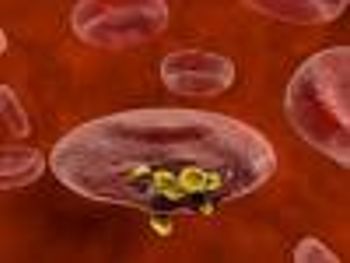
Pharma has had little incentive to develop drugs for diseases such as malaria, which killed more than 400,000 people last year.
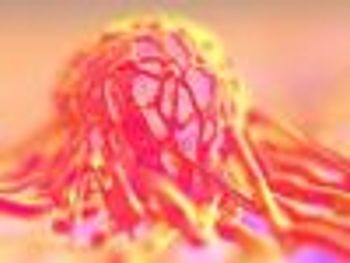
Shutting off a critical enzyme in lipid synthesis found to stifle tumor growth.

Funding of $24 million will support programs and studies that address HIV-infection and prevention among at-risk groups.

Small financial incentives coupled with prescription drug disposal kiosks may increase the proper disposal of opioids by more than 20%.

Seventy-five percent of patients with moderate-to-severe alopecia areata saw significant hair regrowth with ruxolitinib.

Top news of the day from across the health care landscape.

A potential mechanism for the early detection of gastric cancer may lead to better treatment and prognosis.

Kevin James, RPh, MBA, vice president of payer strategy at US Bioservices, discusses challenges for patients in accessing specialty medications.

Drug-carrying synthetic polymer could deliver treatment to lung cancer cells without harming healthy cells.
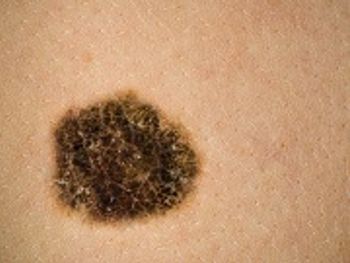
Immune checkpoint inhibitors could improve outcomes in malignant melanoma.

Immune checkpoint inhibitors could improve malignant melanoma therapy, according to a study presented at the Congress of the European Academy of Dermatology and Venerology.

Whether or not cancer cells remain in a cancer patient while undergoing treatment may effect multiple myeloma survival.

Adherence programs needed to boost Xeljanz utilization for rheumatoid arthritis.

DHODH inhibitor caused a reduction in leukemic stem cells and long-term remission in mice.
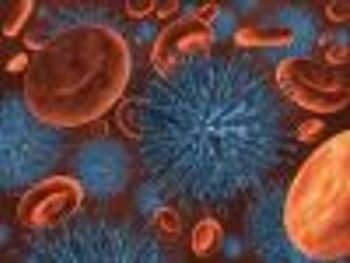
Researchers create a treatment approach that singles out HIV reservoirs.

A new biomarker reveals how the disease will progress in patients.
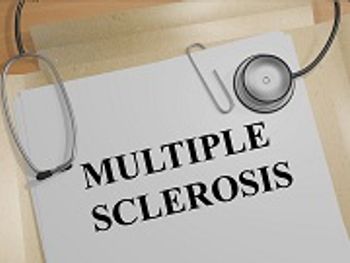
Research improves projection of multiple sclerosis disease progression.

Using precision medicine, researchers were able to slow down the amount of time it takes for a tumor to grow back in patients with advanced cancer.

Trial shows no increased incidence of adverse events or any new safety signals with exposure to Otezla.

Intensive treatment may reduce hypertension.

Data presented at the European Academy of Dermatology and Venereology (EADV) Annual Congress shows safety and efficacy of apremilast (Otezla) over three years.

For the first time, researchers have identified the presence of fungi in the intestines that are a key factor in the disease.

Tumor cells grown in mice first could potentially change the cancer research landscape.